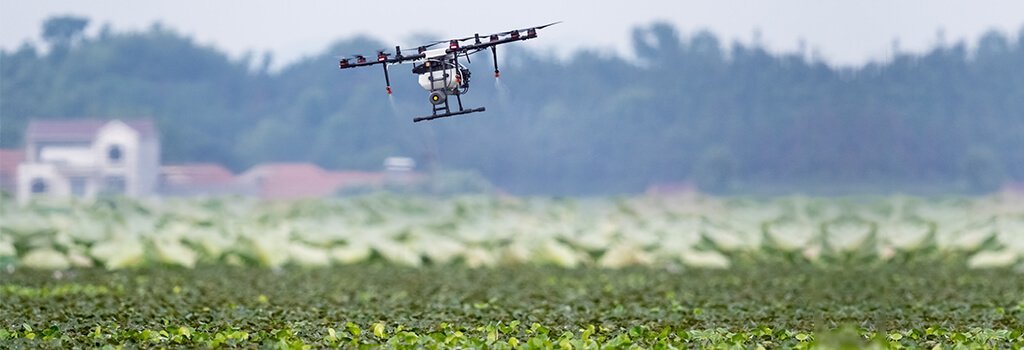Smart farming strategies have actually come to meet many needs today. In particular, smart agricultural devices are created that can measure water, humidity and temperature for the formation of smart fields. In addition, care is taken to ensure that it is a system that can be followed anytime and anywhere. With the increasing human population, food needs to be better controlled. For this reason, innovative applications are implemented in the fields by developing smart agricultural technologies.
The most important work to be done in the process is to benefit from the smart agriculture technologies brought by digital transformation and the benefits brought by this technology. Intelligent agricultural devices that can monitor the process of all the food used, especially from the seed to the table, are offered for use thanks to the internet of things.
The concept of the Internet of Things has begun to be used intensively in houses, factories and cities, as well as most importantly in farms, fields or greenhouses. In this way, the tracking system of the products in the fields and farms was created. With the developed systems, the smart farming method has emerged. In this way, farmers can monitor their fields with technological tools such as tablets and phones and can control the products.
What Can Be Done in Smart Fields Used by Farmers?
With the development of technology, it is desired to develop production and farmers by producing smart agricultural devices. Farmers use many smart agricultural automations such as drones, smart irrigation systems, yield maps and digital sensor systems in the fields. With drone systems, the field can be viewed from the air, and many conditions such as moisture level of the soil, yield of the product, disease can be determined in advance.
Thus, the farmer can predetermine the irrigation time of his field according to the determined humidity level, or if the products in the field are sick, spraying can be done early to prevent damage to the products. Therefore, the development and application of smart agricultural automation systems is of great importance today.
What are the Benefits of Smart Irrigation Systems?
By using the developed smart irrigation systems, the farmers can give the plant the amount of water needed by the products with the help of the sensors in the system. In this way, excessive irrigation is prevented. With smart irrigation sensors, water waste is prevented. And since the water is given as much as the plant needs, the products grow in a healthier way. The benefits of the smart irrigation system for the farmer are many.
In areas such as fields and farms, even the rate of water that the products will lose due to the sun can be determined by means of meteorology stations. Since the amount of water that the plant will lose is determined in advance, the farmer can adjust the hours to water the products accordingly. The devices developed for smart agriculture also increase the yield to a great extent by ensuring the healthy growth of plants.
What are the Benefits of Digital Farming?
The quality of the soil is increased by the creation of yield maps by means of soil parameter measuring devices and sensors used in digital agriculture. With soil parameter devices, both economy and efficiency are increased. Detection of the elements that need to be introduced into the soil, such as water, fertilizer and pesticide, required for the growth of crops, provides many benefits. Because with these determinations, no more additions are made to the soil. In this way, the soil structure does not deteriorate and the nature is less polluted.
With the additions of water, fertilizer and pesticides to the products as needed, savings are achieved from the excess additions made in the past.


